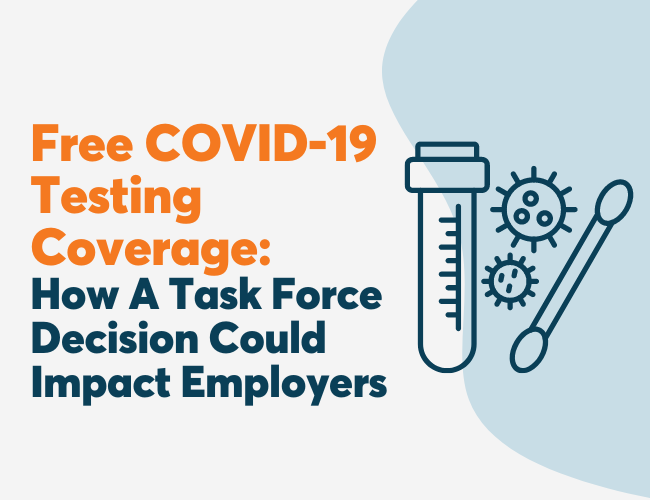Since the expansion of wellness programs through the Affordable Care Act (ACA), there has been growing concern from employers on what qualifies as a compliant program. This has culminated in a number of lawsuits from the Equal Employment Opportunity Commission (EEOC) against employers with wellness programs. Congress has even stepped in by proposing legislation to define what qualifies as acceptable wellness programming.
As a result of this lack of clarity, the EEOC published a long-awaited Notice of Proposed Rulemaking (NPRM) describing how Title I of the Americans with Disabilities Act (ADA) applies to employer wellness programs that are part of group health plans. The NPRM is available in the Public Inspection portion of the Federal Register and will be officially published today. Members of the public have 60 days from today (or until June 19) to submit comments.
 The EEOC suggests in its proposal that employers can offer incentives – or, conversely, penalties – amounting to no more than 30% of the total cost of an employee-only health plan to participate in their wellness plans. If a worker is on a family plan that costs $12,000, for example, but the individual plan costs $6,000, the incentives or penalties must max out at $1,800. A 30% cap already applies to programs that mandate some physical activity or the achievement of specific health outcomes, but the EEOC’s proposal extends that cap to so-called participation-only wellness programs that ask only for an employee’s participation (e.g., filling out a health questionnaire or undergoing biometric screening). The EEOC has repeatedly cautioned that such measures might violate the law when the penalties or rewards become so extreme that employees can’t afford to decline.
The EEOC suggests in its proposal that employers can offer incentives – or, conversely, penalties – amounting to no more than 30% of the total cost of an employee-only health plan to participate in their wellness plans. If a worker is on a family plan that costs $12,000, for example, but the individual plan costs $6,000, the incentives or penalties must max out at $1,800. A 30% cap already applies to programs that mandate some physical activity or the achievement of specific health outcomes, but the EEOC’s proposal extends that cap to so-called participation-only wellness programs that ask only for an employee’s participation (e.g., filling out a health questionnaire or undergoing biometric screening). The EEOC has repeatedly cautioned that such measures might violate the law when the penalties or rewards become so extreme that employees can’t afford to decline.
Employers and wellness professionals should be excited by this news and look forward to the EEOC receiving comments on the NPRM that will shape the final regulation. Hopefully, final guidance and clarity will be provided soon so that employers can implement their wellness strategy without the fear of potential lawsuits.












